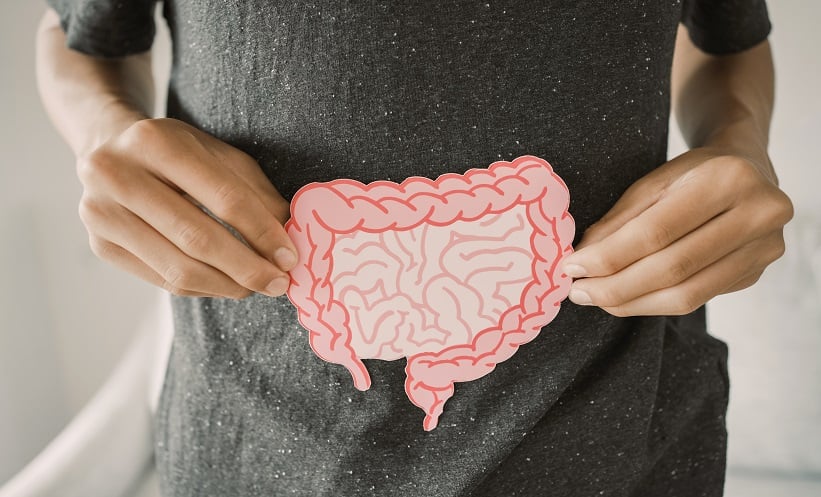A STUDY, presented at EBMT 2025 Annual Meeting, highlights the effectiveness of haematopoietic stem cell transplantation (HSCT) as a potential cure for very early-onset inflammatory bowel disease (VEO-IBD) caused by interleukin-10 receptor (IL-10R) deficiency. This abstract was recognised as one of the ‘Best Young Abstract Awards’ for outstanding poster presentations.
VEO-IBD, a life-threatening condition, is linked to mutations in the IL-10 receptor, which is crucial for immune system regulation. The retrospective analysis reviewed 126 paediatric patients who underwent HSCT between July 2015 and October 2024. The majority of patients (78.6%) received unrelated cord blood (UCB) as their donor source, with other donors including matched sibling donors (MSD) (4.0%), mismatched related donor (MMRD) (8.7%), matched unrelated donor (MUD) (7.1%), and mismatched unrelated donor (MMUD) (1.6%). The study found an 86.5% engraftment rate, with 112 patients achieving complete donor chimerism at the last follow-up.
With a median follow-up of 24 months, the overall survival (OS) rate was 70.6%. The OS rates for patients receiving UCB, MSD, MMRD, MUD and MMUD were 68.7%, 100%, 63.6%, 88.9% and 50%, respectively. The clinical symptoms of VEO-IBD were resolved in all survivors, though infections and hepatic veno-occlusive disease were the leading causes of death.
The study concludes that HSCT is an effective treatment for IL-10R deficiency, offering hope for children suffering from this rare and severe disease. However, post-transplant monitoring for infections and liver complications is essential for improving long-term outcomes.
Reference
Wang P et al. Abstract: B319. Presented at EBMT 2025 Annual Meeting; 31 Mar -2 April; Florence, Italy.







